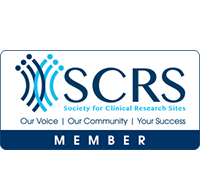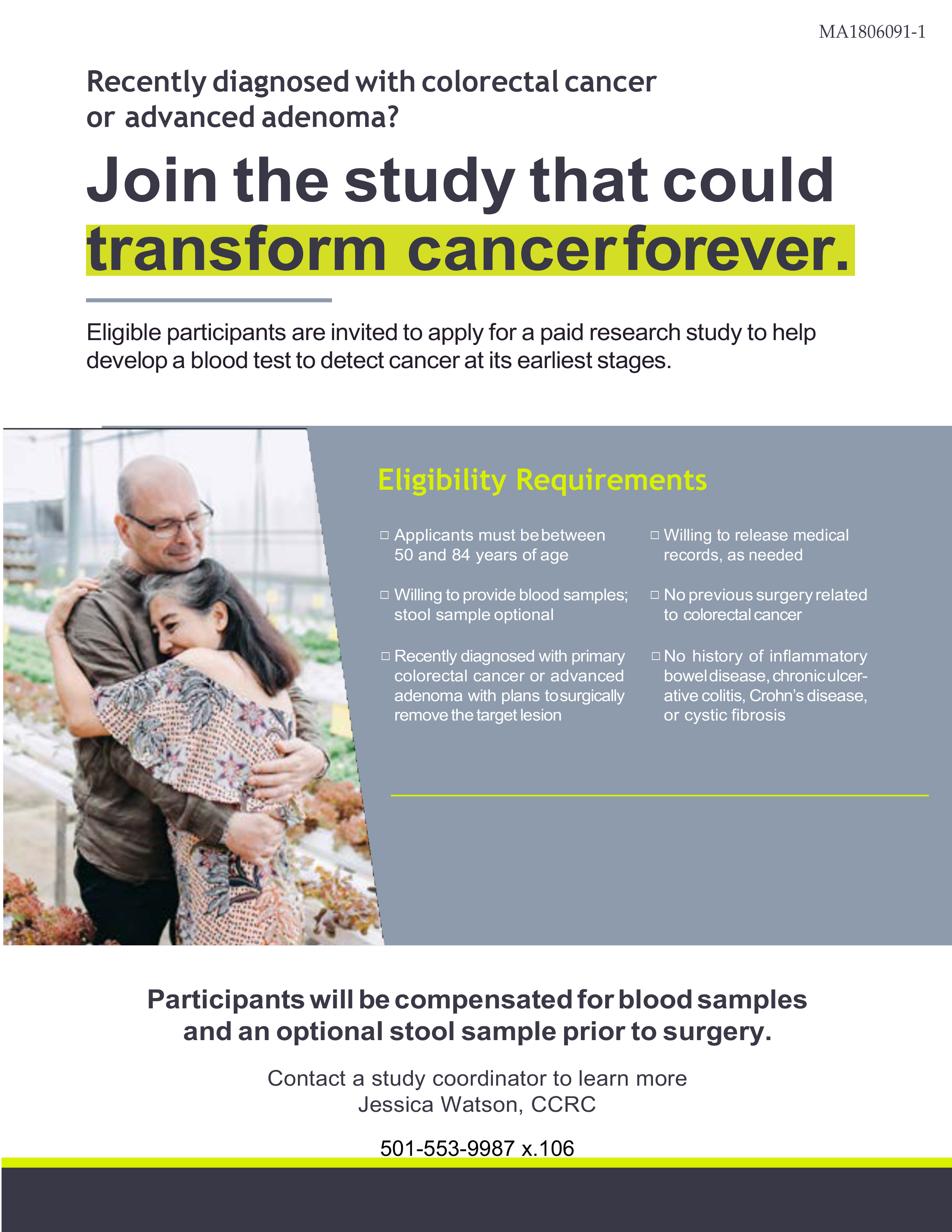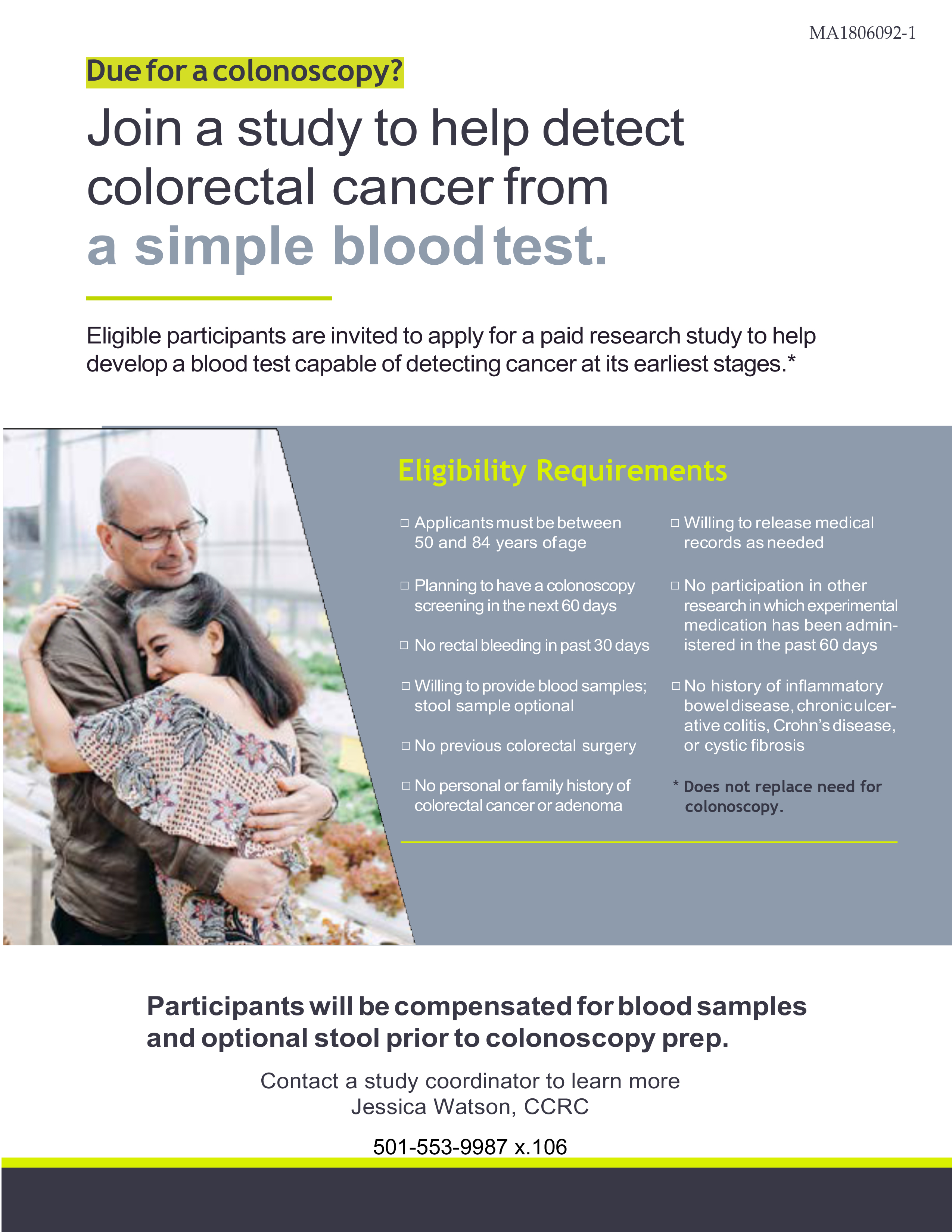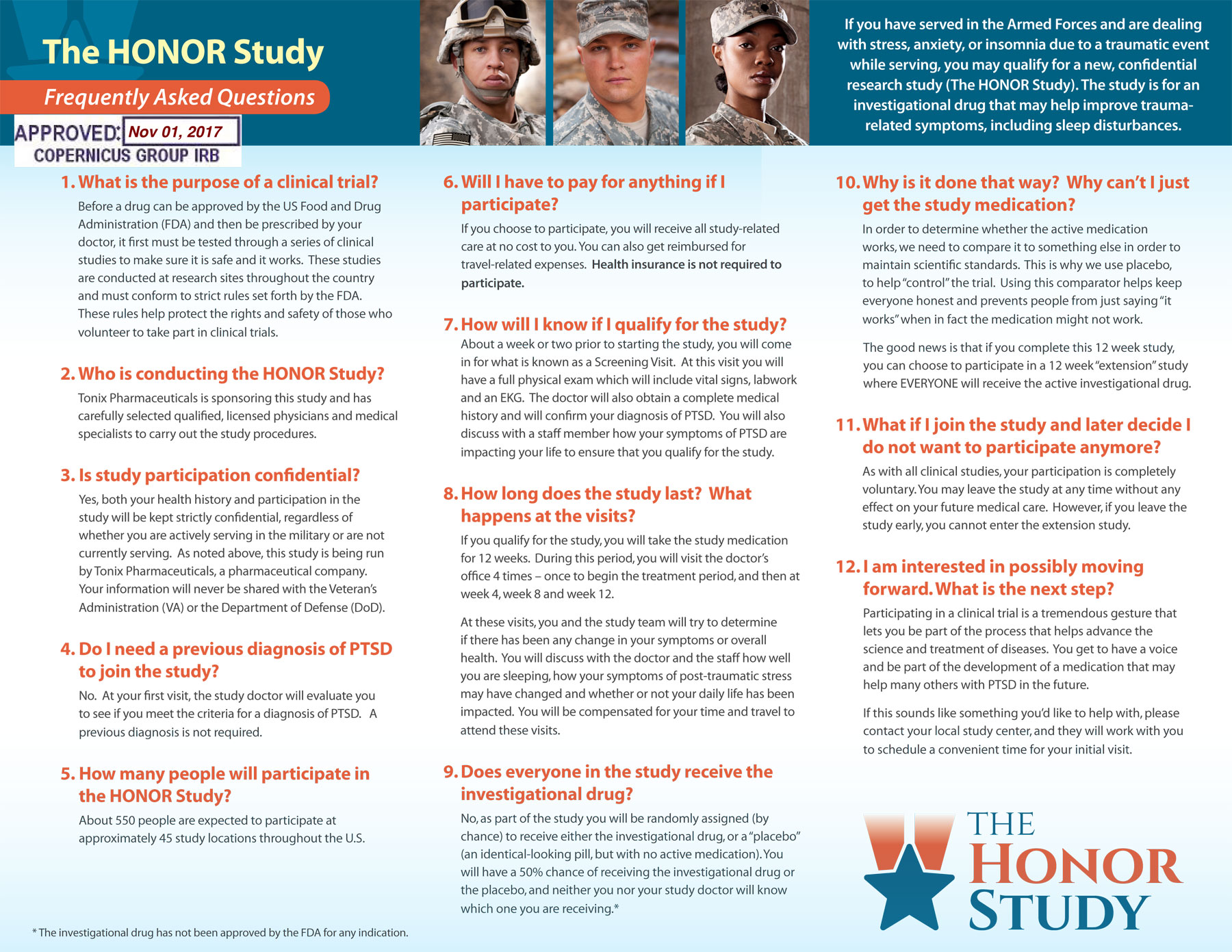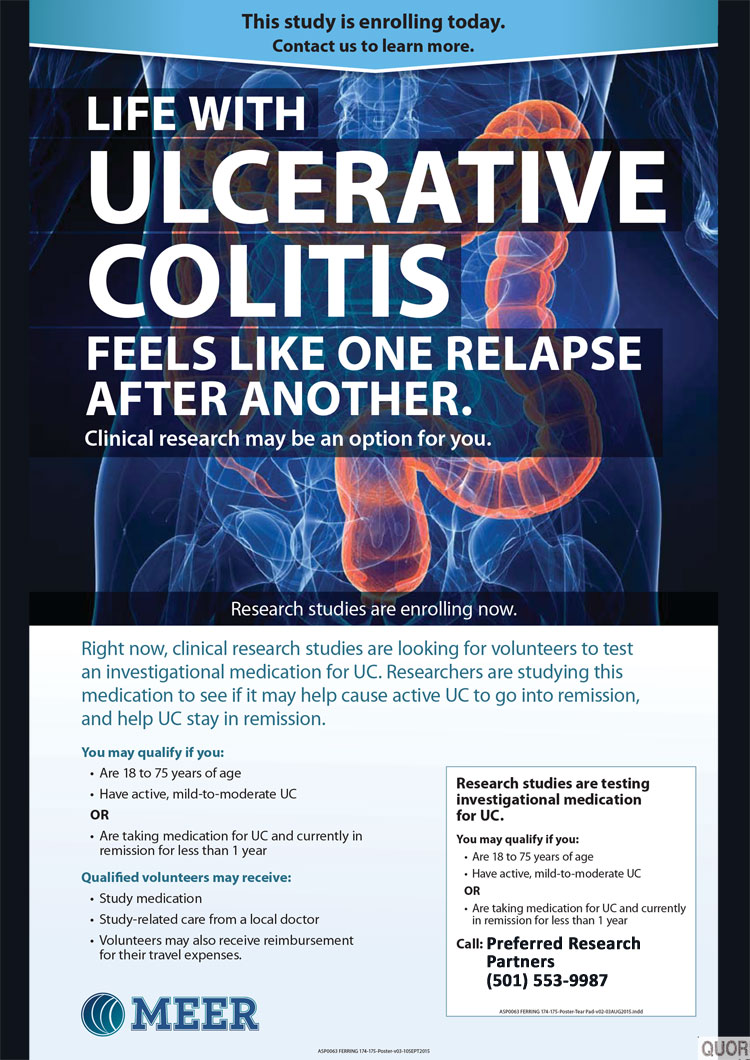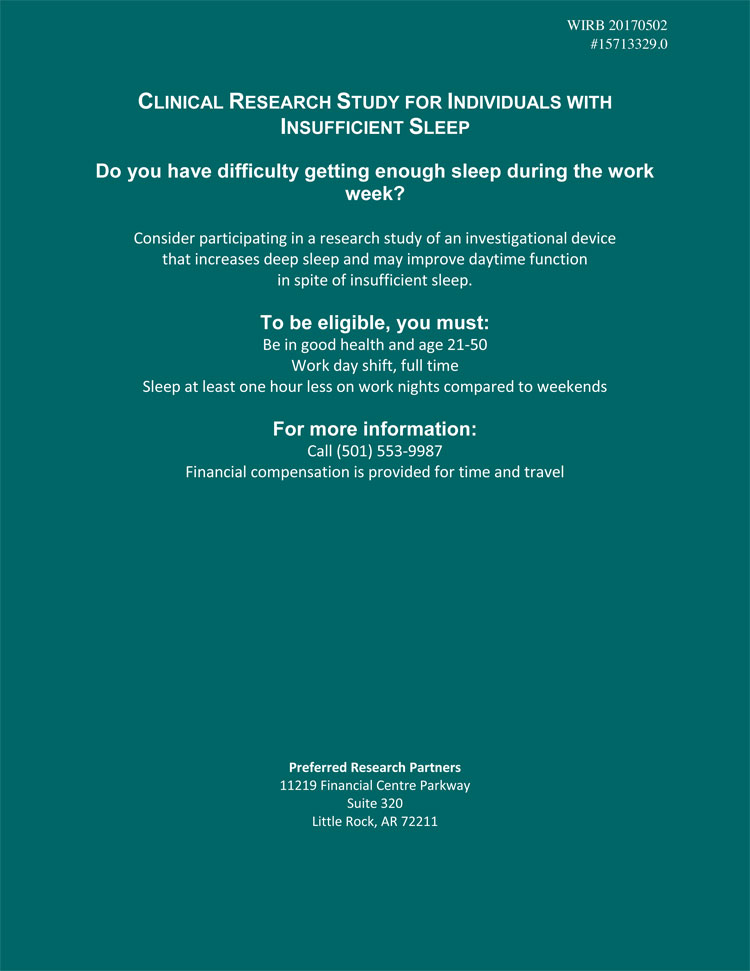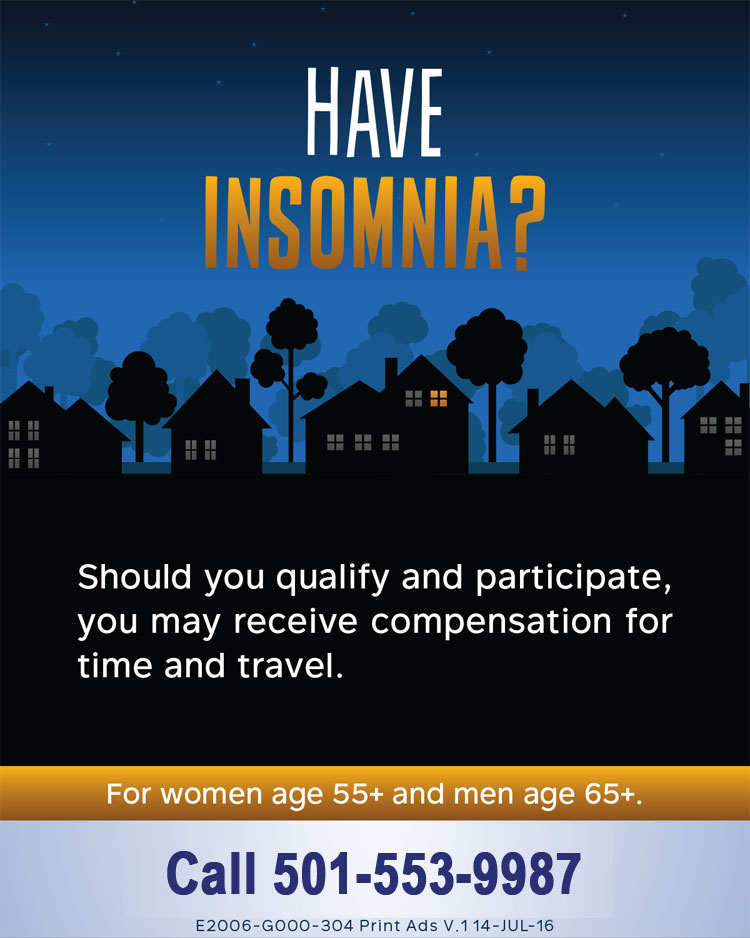All young children get impatient and make impulsive decisions. However, a child with ADHD has a more difficult time learning social cues and exhibits hyperactive, impulsive behaviors noticeably more than their peers. It’s important to know that Attention-Deficit Hyperactivity Disorder is a biological brain disorder. It’s not at all a result of bad parenting. Children with ADHD show three types of symptoms:
- They have difficulty paying attention (inattention).
- They are overactive (hyperactivity).
- They act without thinking (impulsivity).
ADHD is most commonly diagnosed in school-aged children over the age of 6. However, children who are abnormally hyperactive or impulsive may be diagnosed with ADHD in preschool. CDC data shows that about 2 million of the more than 6 million children with ADHD were diagnosed at age 2-5 years. Preschoolers with ADHD are so active and impulsive that their behavior causes problems for them and their families. Early diagnosis and treatment of ADHD can help rein in challenging behavior. This benefits both the child and their family.
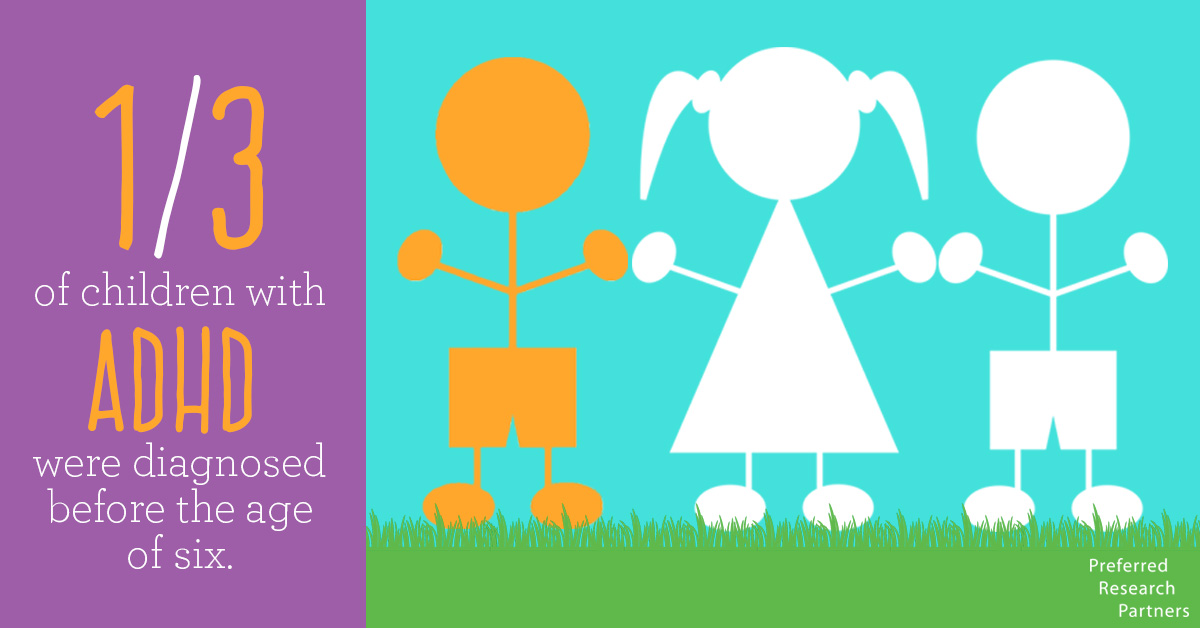
According to the CDC 1/3 of children with ADHD are being diagnosed under the age of 6.
ADHD can have a profound impact on a child’s learning and academic development. Children whose symptoms start in early childhood are at risk for academic failure and grade repetition later on. If you’re a parent observing symptoms of ADHD in your child, you should consult your pediatrician. Catching and treating ADHD in your child early could help minimize learning disabilities that could occur later because of the disorder. In preschool-aged children, look for the following signs associated with an ADHD diagnosis:
1) Dislikes or avoids activities that require paying attention for longer than one or two minutes.
Being read to or eating while sitting at a table are difficult, or nearly impossible activities for preschoolers with ADHD. In preschool, the child may have a hard time sitting still during story time or taking a nap while the other children are sleeping.
2) Almost always has a hard time concentrating on tasks that he or she doesn’t enjoy.
Your child doesn’t have issues focusing on activities they enjoy, but they cannot maintain focus when the task at hand is boring or repetitive.
3) Talking and making noise excessively.
In preschool, he or she can’t stay quiet while the teacher is giving instructions. He or she may ask many questions in a row, but then run off before the questions are answered.
4) Constantly in motion.
Your child runs literally in circles until they tire themselves out. They can’t sit still and kicks or jiggles feet around in his/her seat when sitting.
5) Has trouble getting along with other children.
Kids with ADHD may be aggressive toward other children, sometimes even hitting, kicking or biting. They sometimes may butt into someone else’s game without asking or grab a toy out of another kid’s hands.
6) Gets into potentially dangerous situations because of fearlessness.
Your child may have trouble controlling how he or she behaves and can’t seem to “pump the mental breaks” before acting. Kids with ADHD tend to get injured more than other kids because of their risk-taking behavior. They climb, run and leaps without thinking, even in dangerous situations like when they’re near traffic or have climbed up high.
If your child shows a number of ADHD signs and symptoms that are present across all situations—at home, at school, and at play, it may be time to consult your child’s doctor.
Preferred Research Partners is conducting a clinical research study for 4-5 year olds with ADHD. Call us at (501) 553-9987 or fill out the form below to learn more about the study and see if they qualify.



